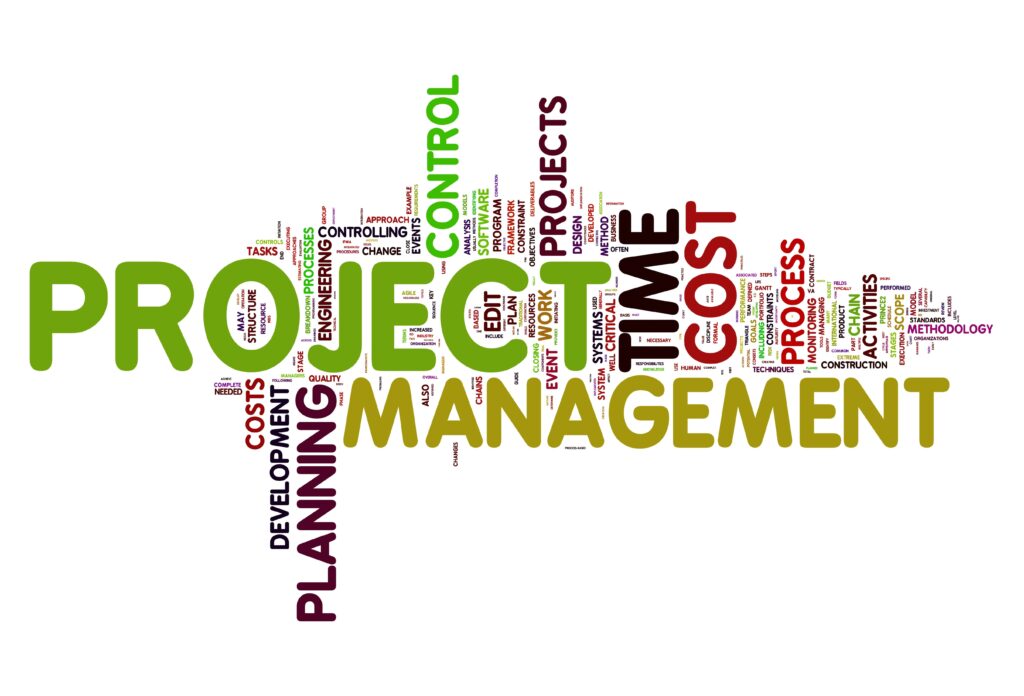Project management is the practice of planning, organizing, and executing a project to achieve specific goals and objectives within defined constraints. It involves coordinating various resources, tasks, and stakeholders to deliver a successful outcome. Project management is applicable to a wide range of industries and sectors, including construction, information technology, marketing, event planning, and more.
Key elements of project management include:
1. Project Planning: Defining project goals, scope, deliverables, and timelines. This involves creating a comprehensive project plan that outlines the tasks, resources required, and dependencies.
2. Project Organization: Identifying and assigning roles and responsibilities to team members involved in the project. Establishing communication channels and reporting structures to ensure effective collaboration.
3. Project Execution: Carrying out the tasks and activities defined in the project plan. Monitoring progress, managing risks, and making necessary adjustments to keep the project on track.
4. Resource Management: Allocating and managing resources such as personnel, budget, equipment, and materials to ensure they are utilized effectively and efficiently throughout the project.
5. Risk Management: Identifying potential risks that may impact the project’s success and developing strategies to mitigate or address them. This includes risk assessment, contingency planning, and monitoring risk throughout the project lifecycle.
6. Communication and Stakeholder Management: Establishing effective communication channels with project stakeholders, including team members, clients, suppliers, and sponsors. Keeping stakeholders informed about project progress, milestones, and any changes or issues that may arise.
7. Quality Management: Ensuring that project deliverables meet the required quality standards. Implementing quality control measures and conducting regular quality checks to address any deviations or issues.
8. Project Monitoring and Control: Tracking project progress, comparing it against the project plan, and implementing corrective actions if necessary. This involves monitoring key performance indicators (KPIs), managing changes, and controlling project scope, budget, and timeline.
9. Project Closure: Conducting a thorough review of the project upon completion, documenting lessons learned, and celebrating project success. Archiving project documentation and delivering final reports or outputs to stakeholders.
Project management methodologies such as Waterfall, Agile, Scrum, and Kanban provide frameworks and best practices for managing projects effectively. Project managers often utilize project management software and tools to facilitate planning, scheduling, collaboration, and reporting.
Overall, project management aims to ensure that projects are delivered successfully, meeting the objectives of stakeholders while adhering to time, cost, and quality constraints.



